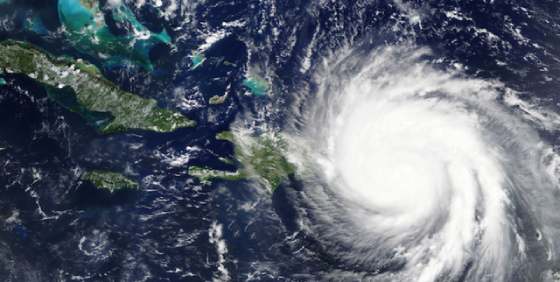
The debt and climate crises : Why climate justice must include debt justice
by Tess Woolfenden , Dr Sindra Sharma Khushal
The CADTM supports the following text, which shows the link between debt and climate crises and contributes some relevant ideas on this issue. However, we do not believe that radical changes such as debt cancellations will come from major international financial institutions such as the World Bank and the International Monetary Fund (IMF). The CADTM considers that these necessary changes will come from the people, from social movements, from a citizen public debt audits. Moreover, we do not consider the debt swaps system to be a solution and advocate for debt cancellations combined with reparations paid by former colonizing countries, imperialist ones and creditors for all the damages (including environmental ones) they have been causing in the Global South.


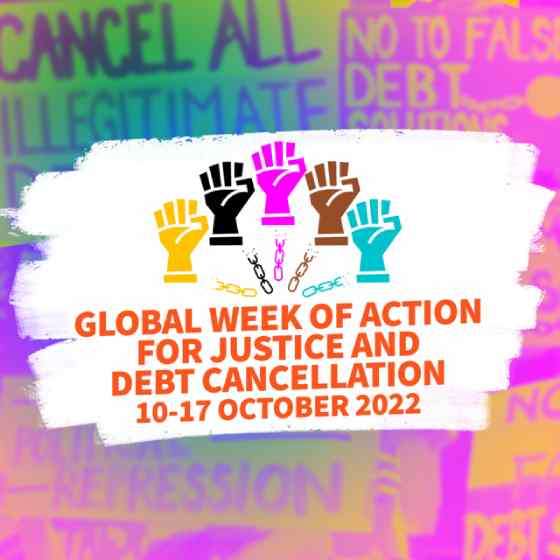
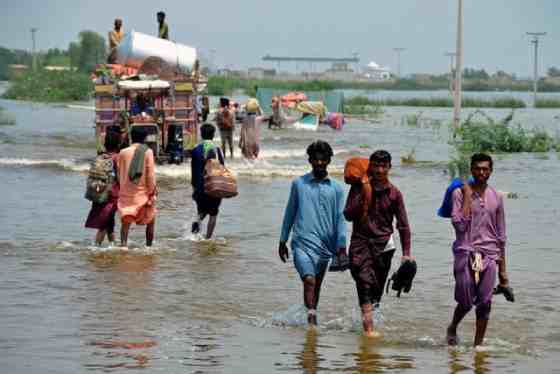
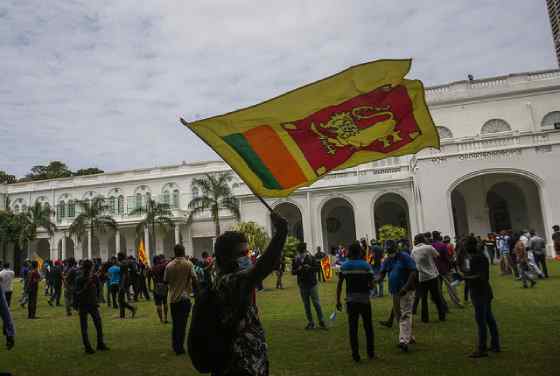
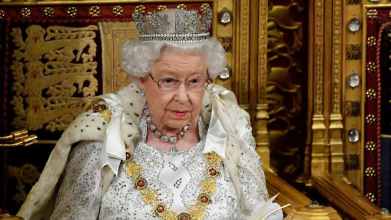 Les pornographes de l’émotion s’en donnent à cœur joie. En tête de gondole, les magazines « people » et toute la cohorte des médias qui prétendent encore faire œuvre d’information auprès du grand public. Logique. Vendre du papier et faire du chiffre en termes d’audience, leurs motivations se résument à cette trivialité.
Les pornographes de l’émotion s’en donnent à cœur joie. En tête de gondole, les magazines « people » et toute la cohorte des médias qui prétendent encore faire œuvre d’information auprès du grand public. Logique. Vendre du papier et faire du chiffre en termes d’audience, leurs motivations se résument à cette trivialité.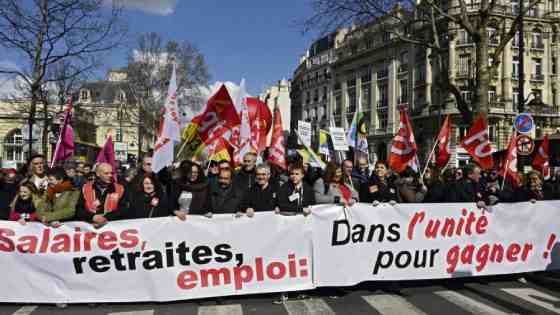
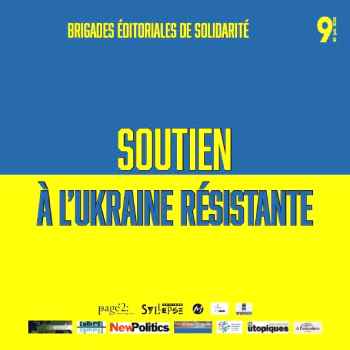 À force d’abstraction, certain·es inventent une géopolitique dénuée d’êtres humains, et semblent, en particulier, oublier les Ukrainien·nes bombardé·es, massacré·es, déporté·es, réfugié·es et aussi résistant·es… C’est pourtant le présent et l’avenir des populations ukrainiennes qui devraient être au centre des politiques posées par le crime d’agression.
À force d’abstraction, certain·es inventent une géopolitique dénuée d’êtres humains, et semblent, en particulier, oublier les Ukrainien·nes bombardé·es, massacré·es, déporté·es, réfugié·es et aussi résistant·es… C’est pourtant le présent et l’avenir des populations ukrainiennes qui devraient être au centre des politiques posées par le crime d’agression.
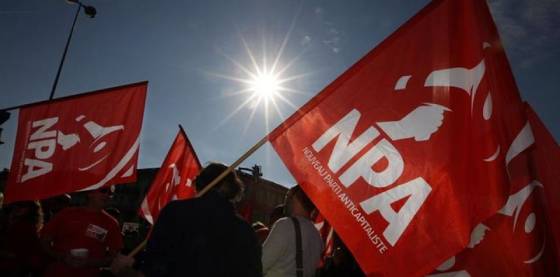
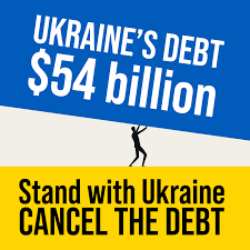 On April 10 the World Bank updated its GDP prognosis for Ukraine to state that the Russian invasion was to shrink Ukraine’s economy by 45% in 2022 alone.[1] But that is a very optimistic prognosis. As by March 29th, the country’s direct one-time losses due to the invasion already exceed $1 trillion. Even prior to the invasions Ukraine already was one of the poorest and most indebted countries in Europe. Current budgetary expenditure on arms, humanitarian needs, and medical needs of the wounded have grown exponentially. That is why the IMF has already
On April 10 the World Bank updated its GDP prognosis for Ukraine to state that the Russian invasion was to shrink Ukraine’s economy by 45% in 2022 alone.[1] But that is a very optimistic prognosis. As by March 29th, the country’s direct one-time losses due to the invasion already exceed $1 trillion. Even prior to the invasions Ukraine already was one of the poorest and most indebted countries in Europe. Current budgetary expenditure on arms, humanitarian needs, and medical needs of the wounded have grown exponentially. That is why the IMF has already 


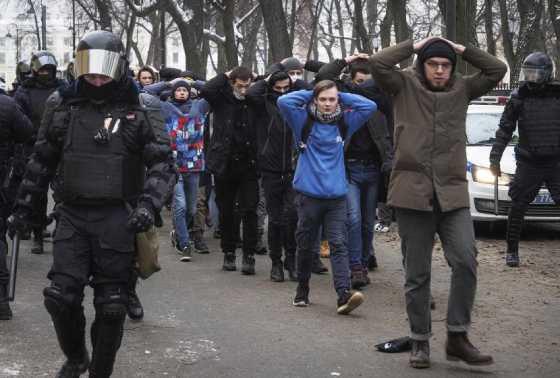
 Abstract: Written in 1989, this article tells the true but unknown and dramatic story of Bolsheviks faced during the civil war with an unexpected national revolution of the oppressed Ukrainian people, the conflict-ridden relationships between Russian and Ukrainian communists and the great dilemma of what should be Ukraine: a part of the Soviet but, as in the imperial past, “one and indivisible” Russia or an independent Soviet state?
Abstract: Written in 1989, this article tells the true but unknown and dramatic story of Bolsheviks faced during the civil war with an unexpected national revolution of the oppressed Ukrainian people, the conflict-ridden relationships between Russian and Ukrainian communists and the great dilemma of what should be Ukraine: a part of the Soviet but, as in the imperial past, “one and indivisible” Russia or an independent Soviet state?